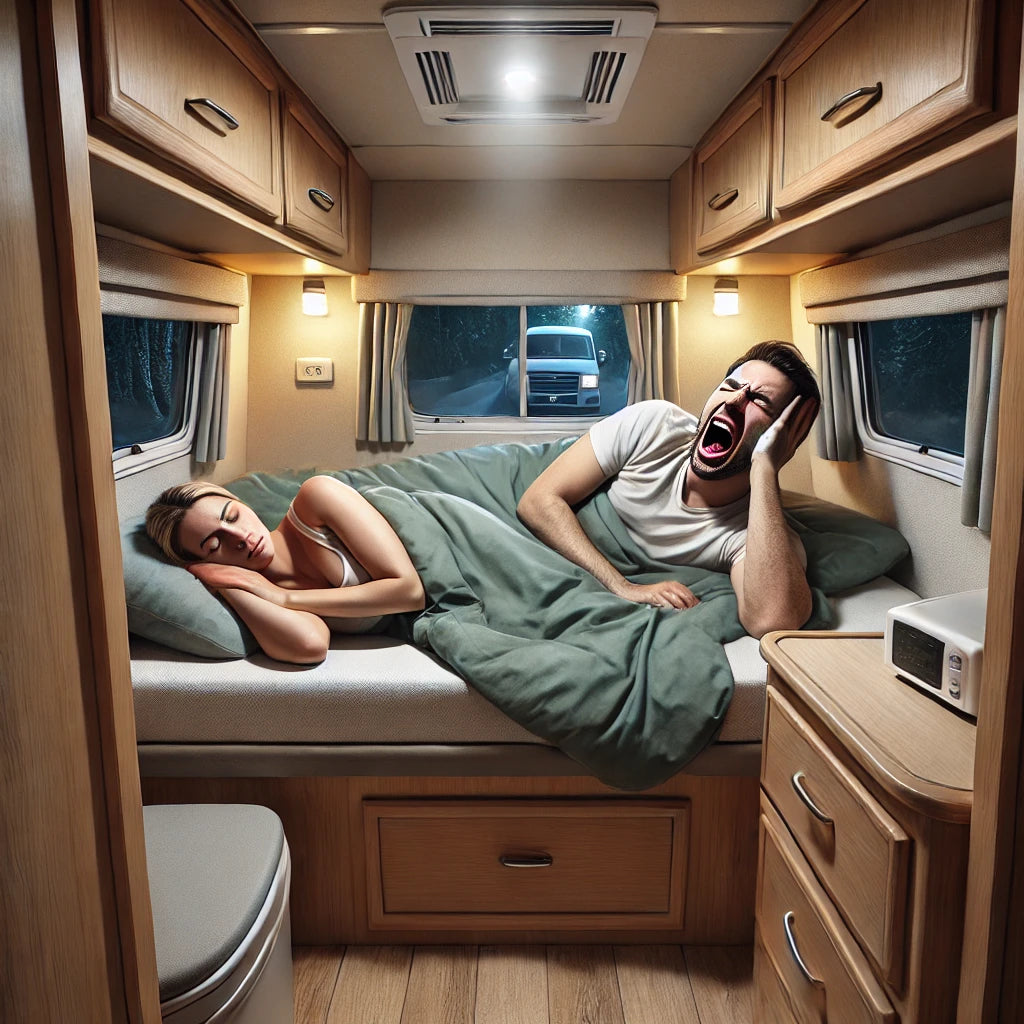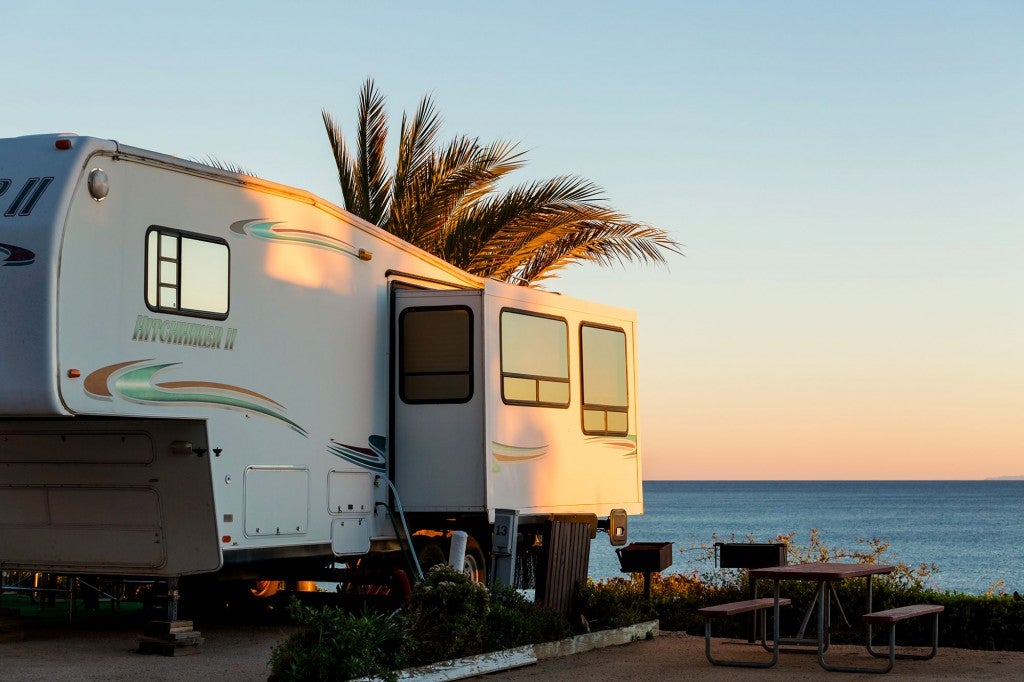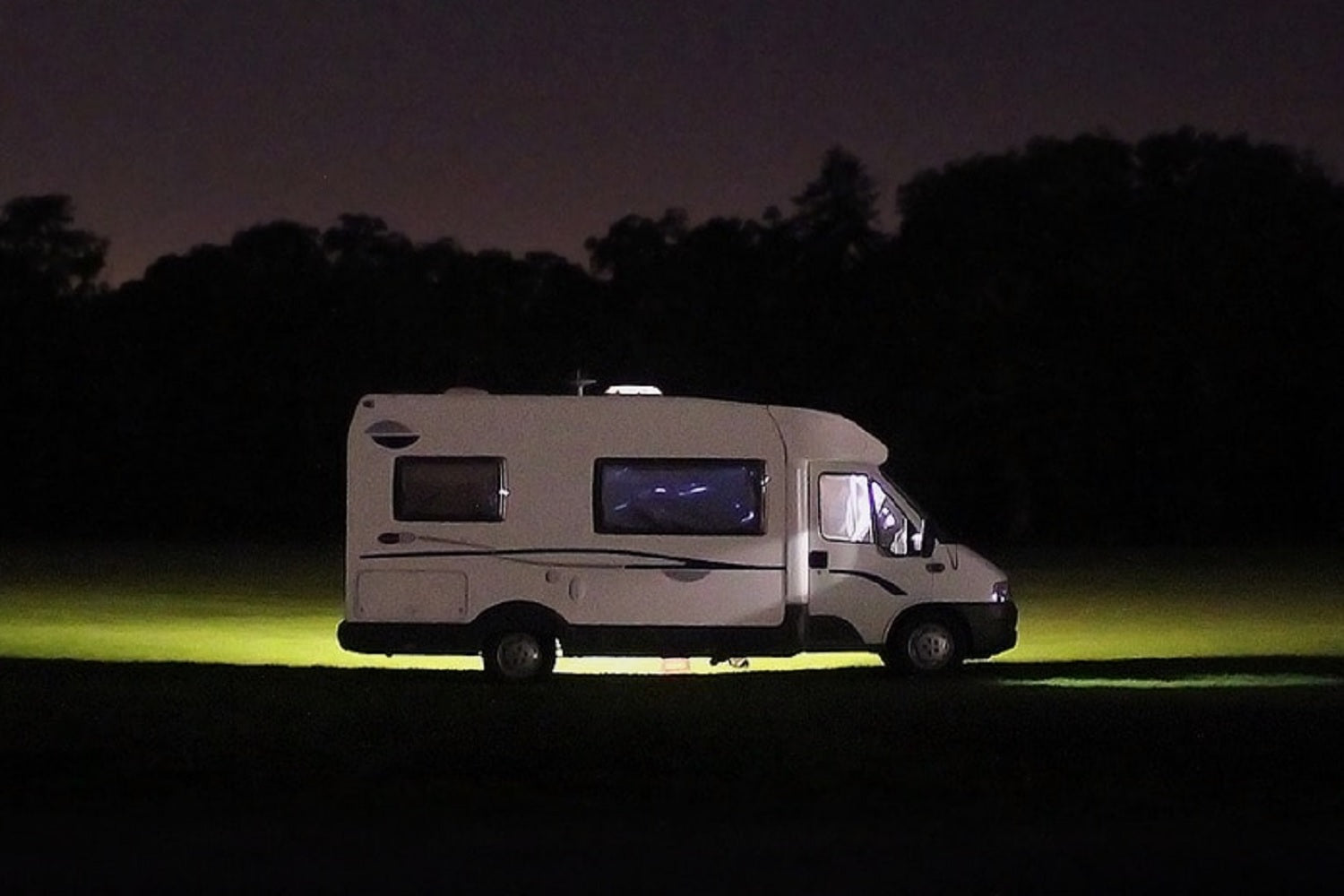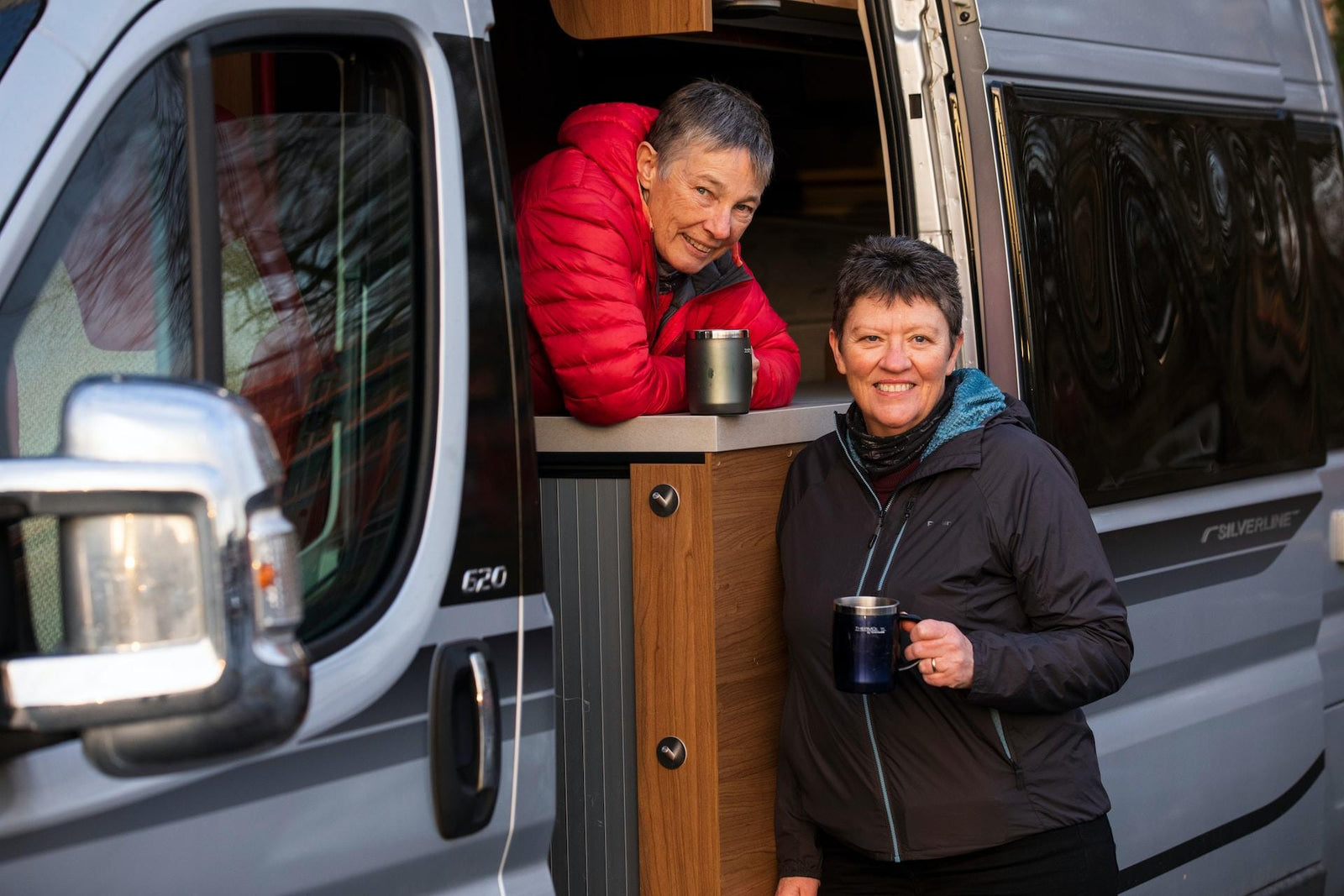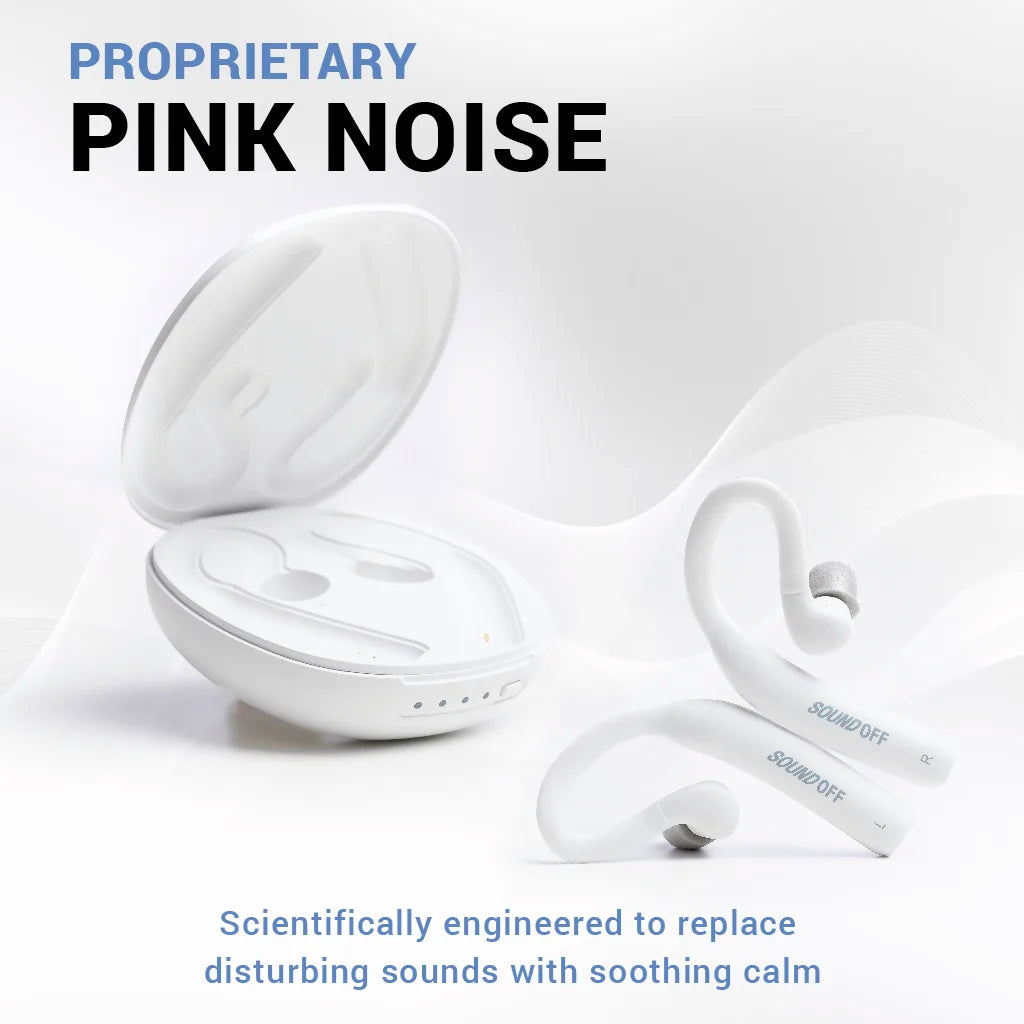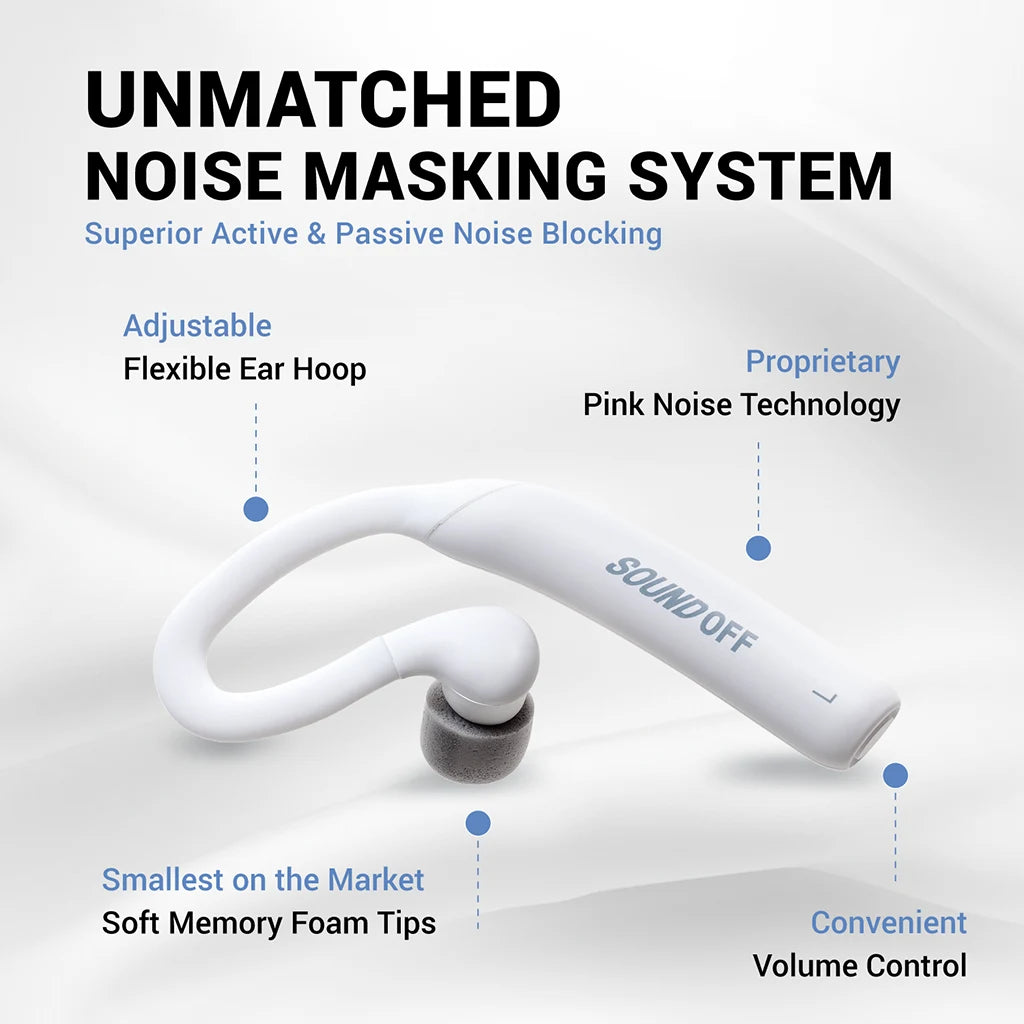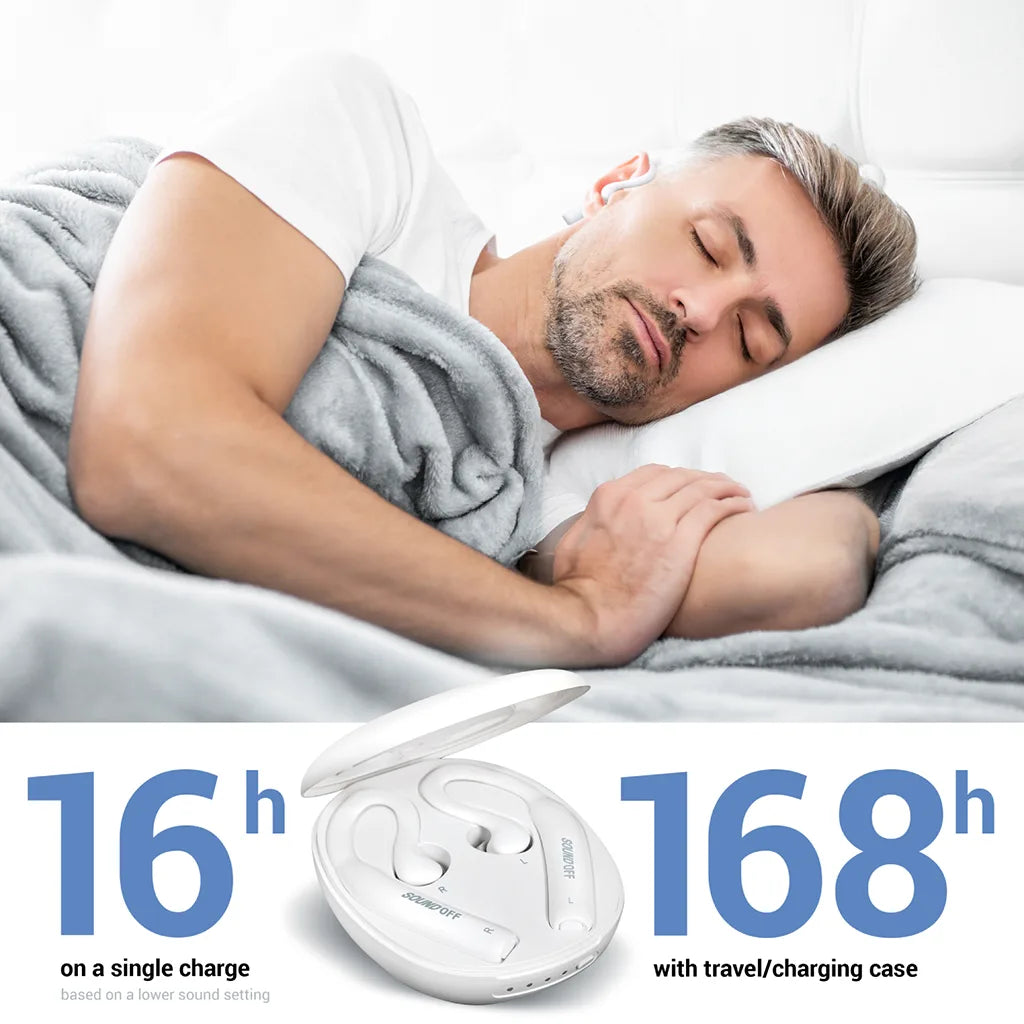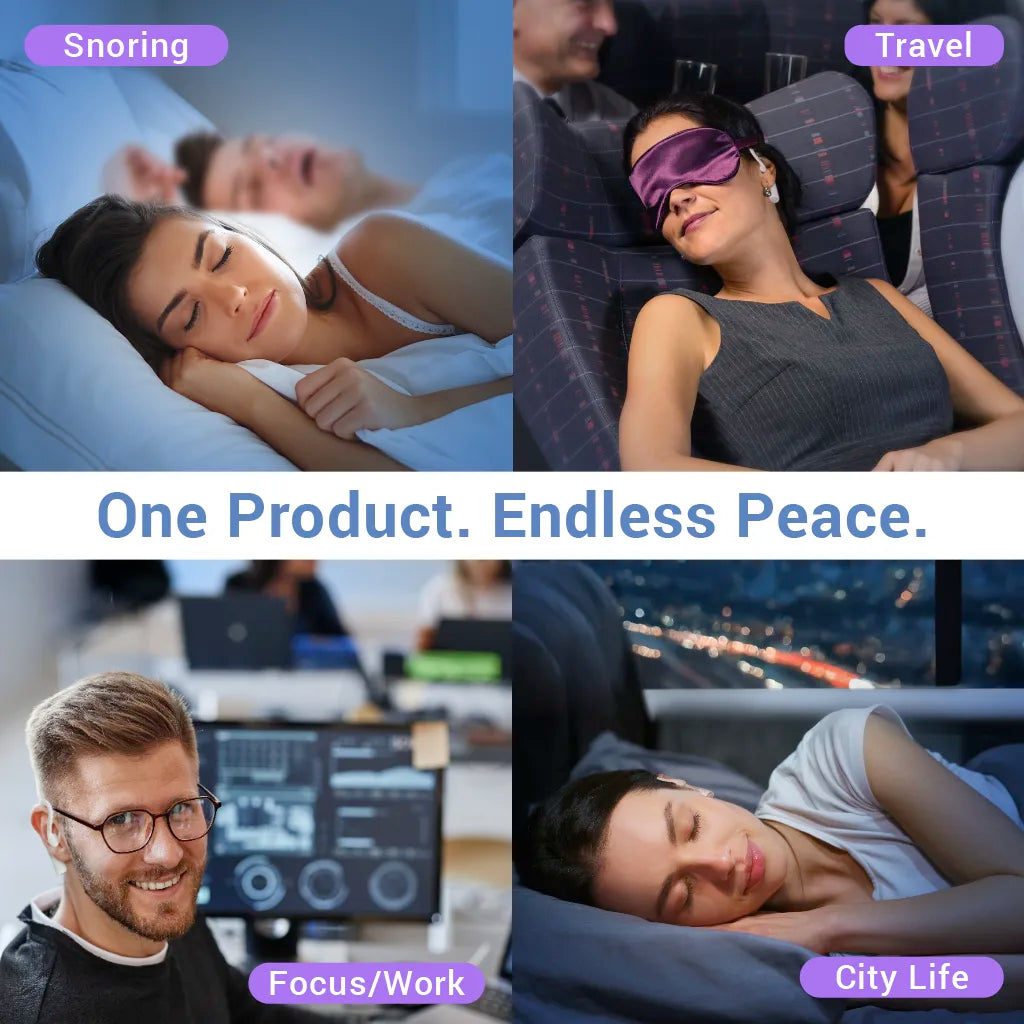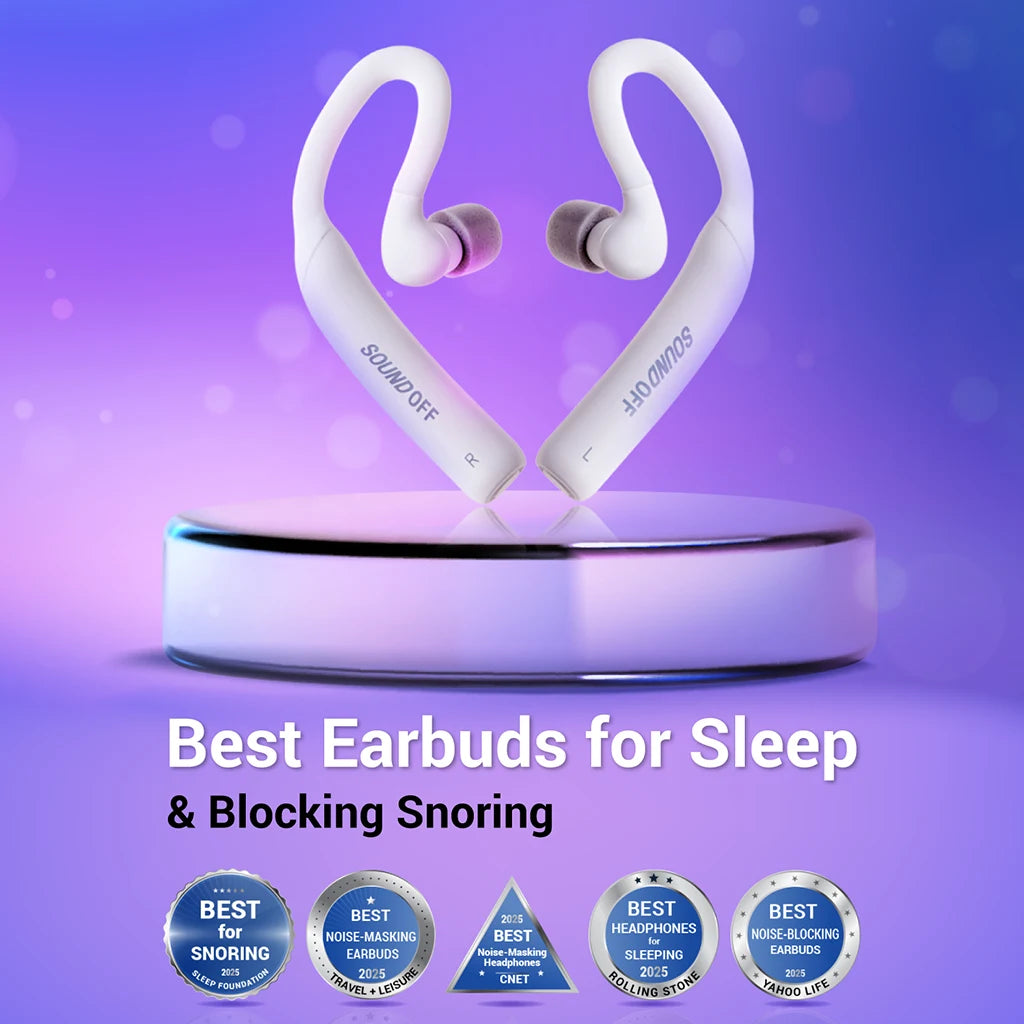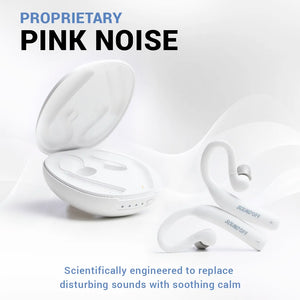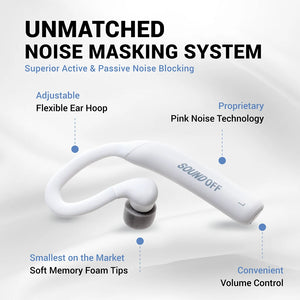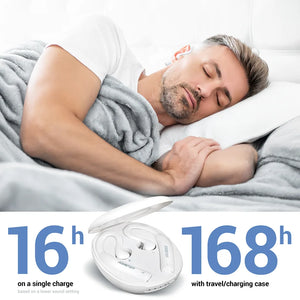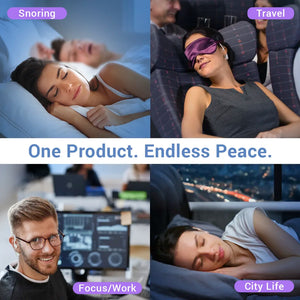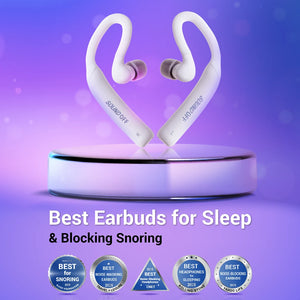Snoring in Small Spaces: How Snoring Impacts Sleep for Couples in Tight RV Quarters and Possible Solutions
For many couples, hitting the open road in an RV is the ultimate dream. The freedom to explore new places, bond over adventures, and spend quality time together can be a wonderful experience. However, for some RV travelers, there’s an unexpected challenge that creeps in at night—snoring. Snoring in tight RV quarters can disrupt sleep, leading to exhaustion, irritability, and even tension between partners. When your space is limited, and your bedroom is only a few feet wide, every sound can feel amplified.
Why Snoring is Worse in RVs

In the confines of an RV, there’s nowhere to escape the noise. Unlike a traditional home where you might retreat to another room or sleep on a different floor, RVs offer little separation between partners. Even the lightest snore can sound louder in such a small space, making it difficult for the non-snoring partner to get a good night’s rest.
Here are some reasons why snoring feels more disruptive in an RV:
- Thin walls and limited soundproofing: Most RVs aren’t designed with soundproofing in mind. This means that any noise, from snoring to external sounds, can travel easily through the space.
-
Proximity: In an RV, you are often sleeping right next to your partner without much room to spread out, so there’s no distance to buffer the snoring.
- Inability to change rooms: At home, you might be able to sleep in another room if your partner’s snoring becomes too much. But in an RV, that option is usually off the table.
The Impact of Snoring on Sleep
Snoring doesn’t just affect the snorer—it can wreak havoc on the sleep quality of their partner as well. Sleep is crucial for maintaining good health, mood, and energy levels, all of which are important while traveling. A lack of sleep can lead to:
- Fatigue: When one partner is kept awake by snoring, it can lead to persistent tiredness and a lack of energy for the day’s activities.
- Increased stress: A lack of sleep can cause irritability and tension, which can strain the relationship, especially in a close space like an RV.
- Health issues: Over time, insufficient sleep can lead to more serious health problems, such as weakened immune function and increased risk for heart disease.
Practical Solutions for Snoring in Small Spaces
While snoring can feel like an unavoidable obstacle during RV travel, there are several solutions that can help couples manage it more effectively.
1. Change Sleeping Positions
One of the most common reasons for snoring is sleeping on your back. This position causes the tongue and soft palate to collapse to the back of the throat, partially obstructing the airway and leading to snoring. Encourage your partner to sleep on their side by using a body pillow or special wedge pillows that promote side sleeping.
2. Limit Alcohol and Smoking
Lifestyle choices such as smoking and drinking alcohol before bed can exacerbate snoring. Alcohol relaxes the muscles in the throat, making snoring more likely, while smoking irritates the airways and increases congestion. Cutting back on these habits, particularly in the evening, can help reduce snoring.
3. Elevate the Head of the Bed
Propping up the head of the bed can help prevent the tongue from falling back into the throat and blocking the airway. You can achieve this by using an adjustable bed base or placing extra pillows under the upper body.
4. Exercise and Weight Management
Excess weight, particularly around the neck, can put pressure on the airway, increasing the likelihood of snoring. Maintaining a healthy weight through regular exercise can reduce snoring over time. Staying active on the road by hiking or cycling can be a great way to improve both fitness and sleep quality.
5. Noise Masking Earbuds
Noise Masking is when you listen to one sound so you don’t hear another sound. The sound you are listening to with Noise Masking needs to be a smooth, calming sound if you are trying to sleep. White noise machines playing in the same room won’t work to block the snoring. With a white noise machine you will hear both the white noise and the snoring. To not hear the snoring you need to put the masking sound directly into your ear, thus earbuds.
How SoundOff Sleep Noise Masking Earbuds Can Help

For those looking for a more effective and convenient solution to snoring,SoundOff Sleep Noise Masking Earbuds can be a game-changer. These earbuds are specifically designed to block out disruptive sounds like snoring, allowing you to enjoy a peaceful, uninterrupted night’s sleep even in the close quarters of an RV. The earbuds use advanced noise-masking technology to create a soothing sound environment, which helps drown out snoring and other disturbances.
Since SoundOff Sleep Earbuds provide personalized noise masking directly in your ears, they ensure that your partner’s snores don’t stand a chance of ruining your sleep. Plus, they are comfortable to wear all night, making them a great solution for RV travelers who need quality sleep on the road.
If snoring is keeping you up at night during your RV adventures, SoundOff Sleep Noise Masking Earbuds might just be the solution you’ve been looking for. To learn more, visit SoundOff Sleep and discover how you can sleep better, no matter where the road takes you.
References:
National Sleep Foundation - Articles on snoring causes and solutions, particularly in confined spaces.
sleepfoundation.org/articles/snoring
American Sleep Apnea Association - Information on sleep apnea and its relationship to snoring, especially relevant for couples facing snoring issues.
sleepapnea.org

